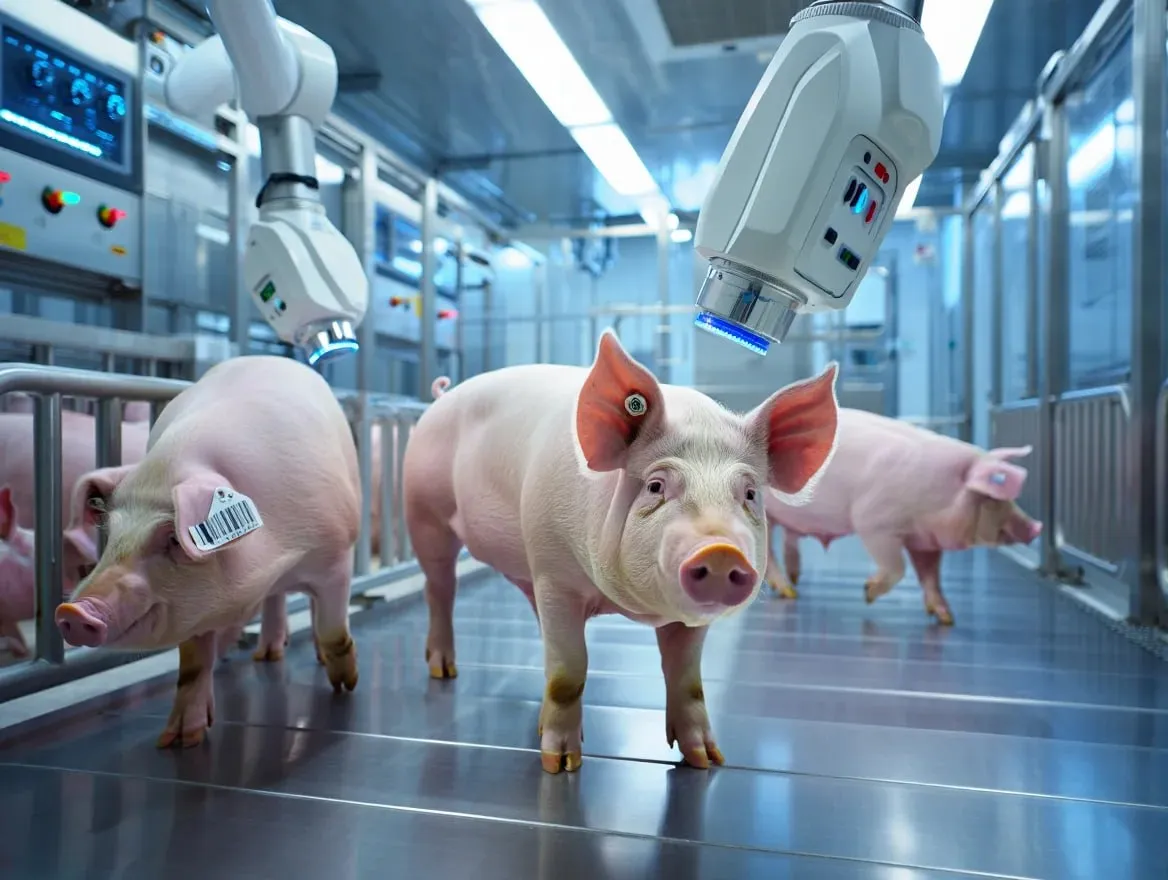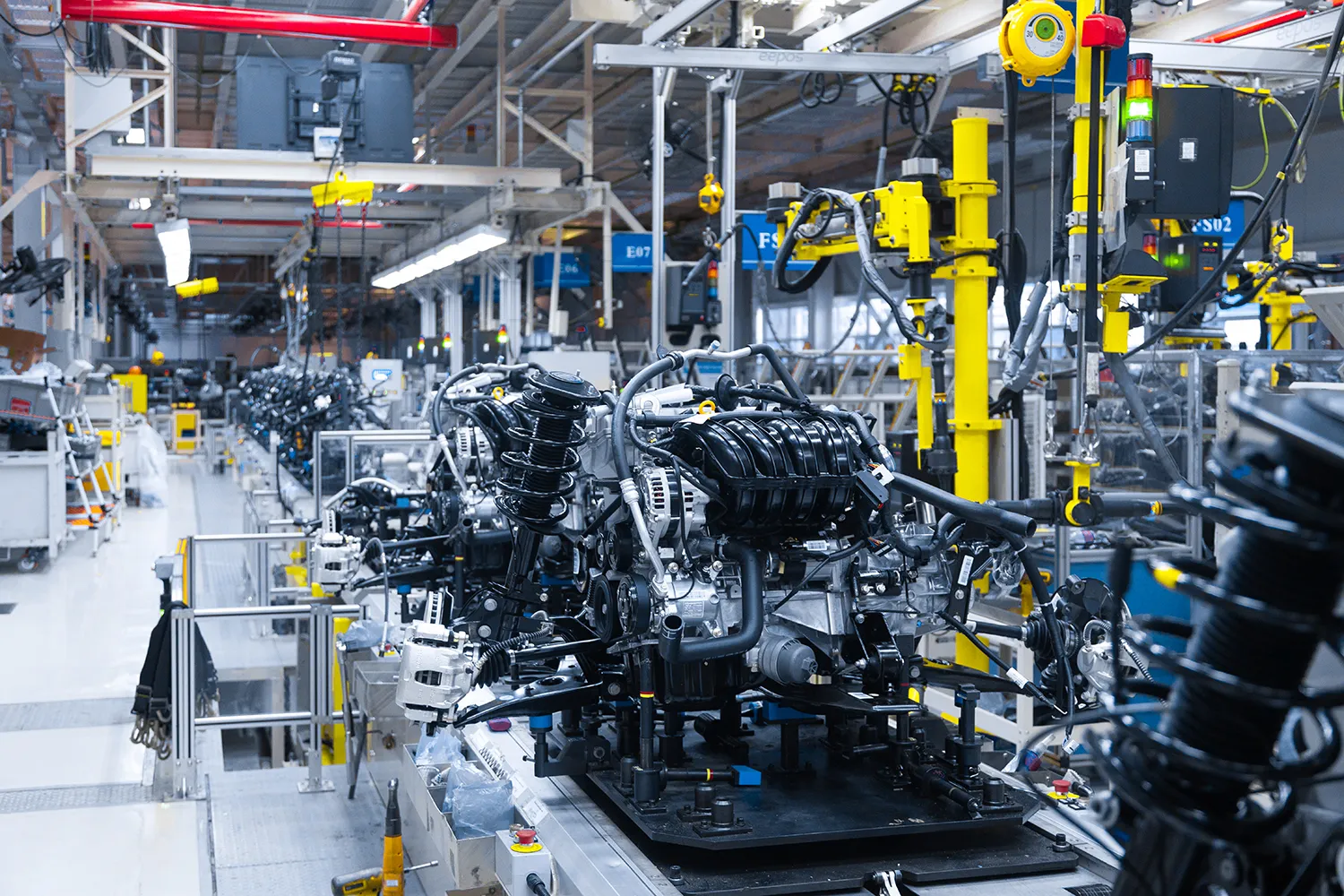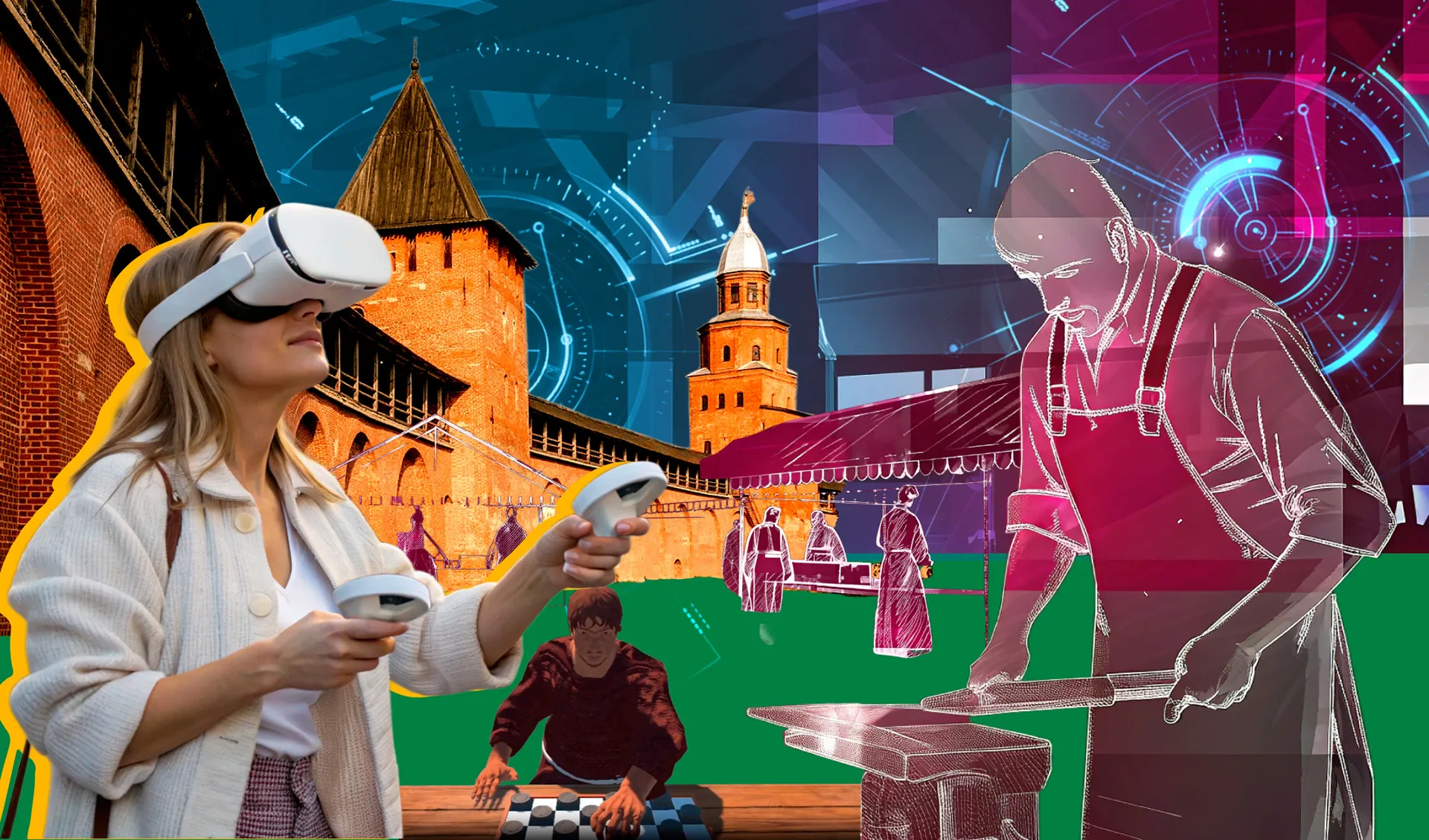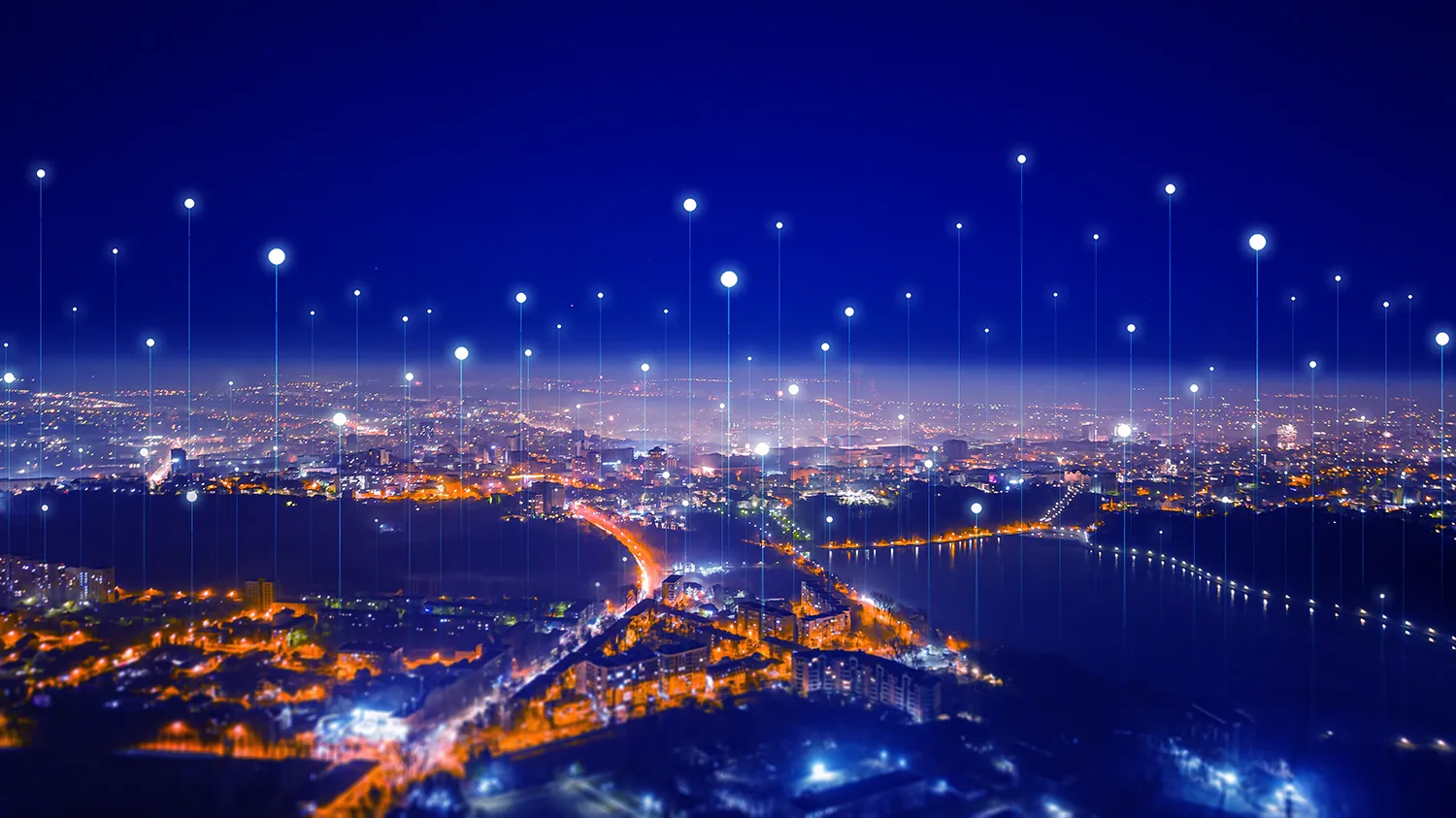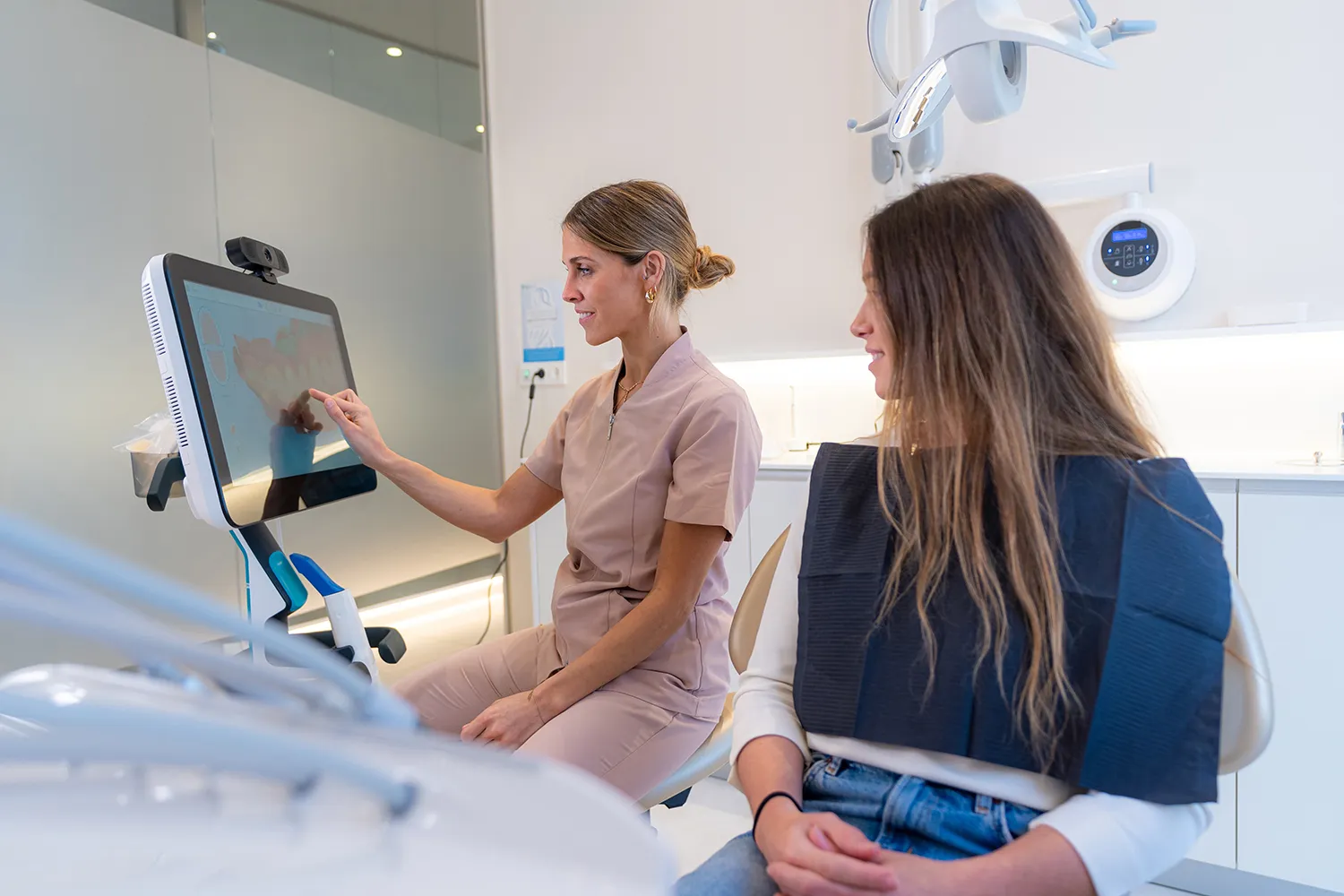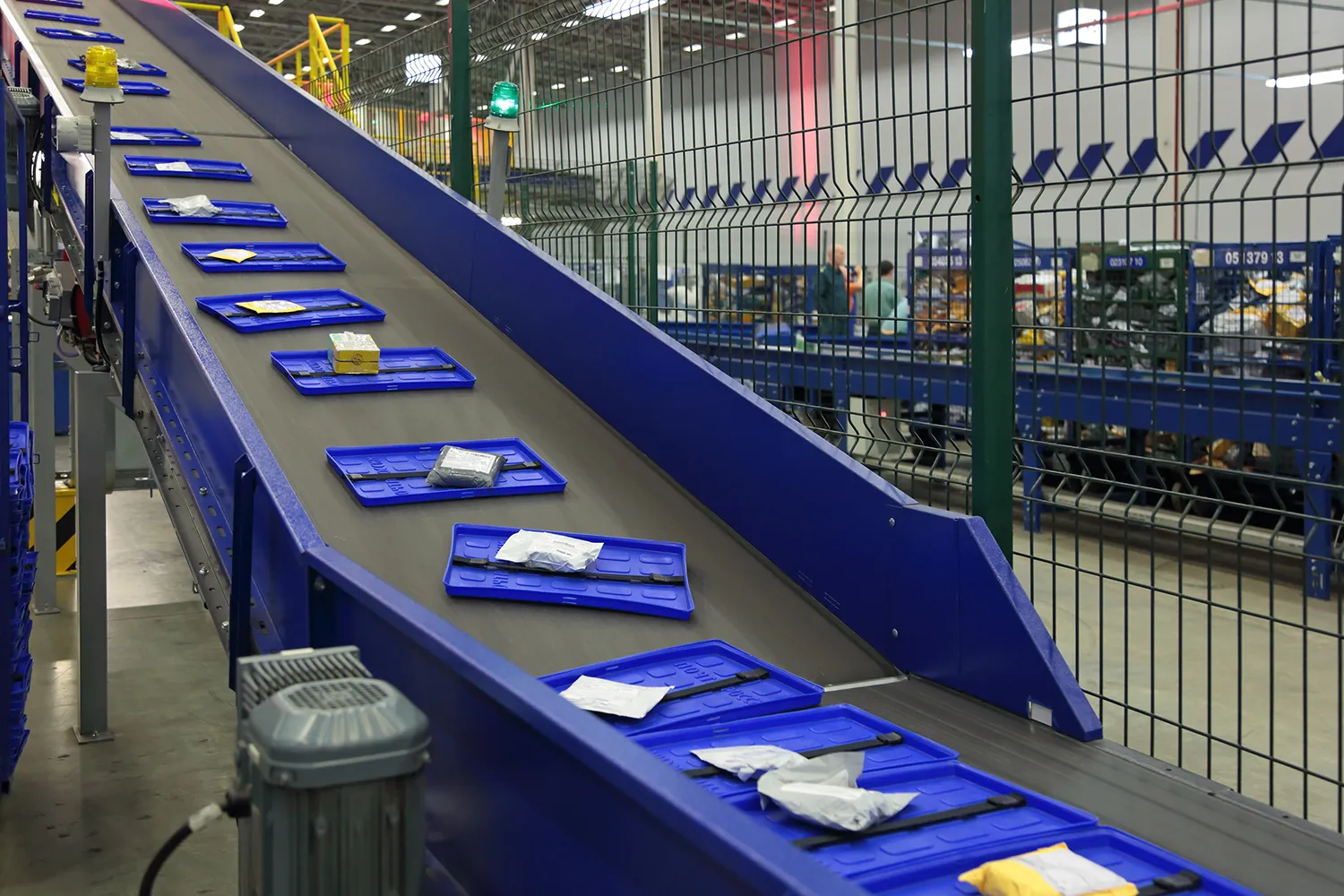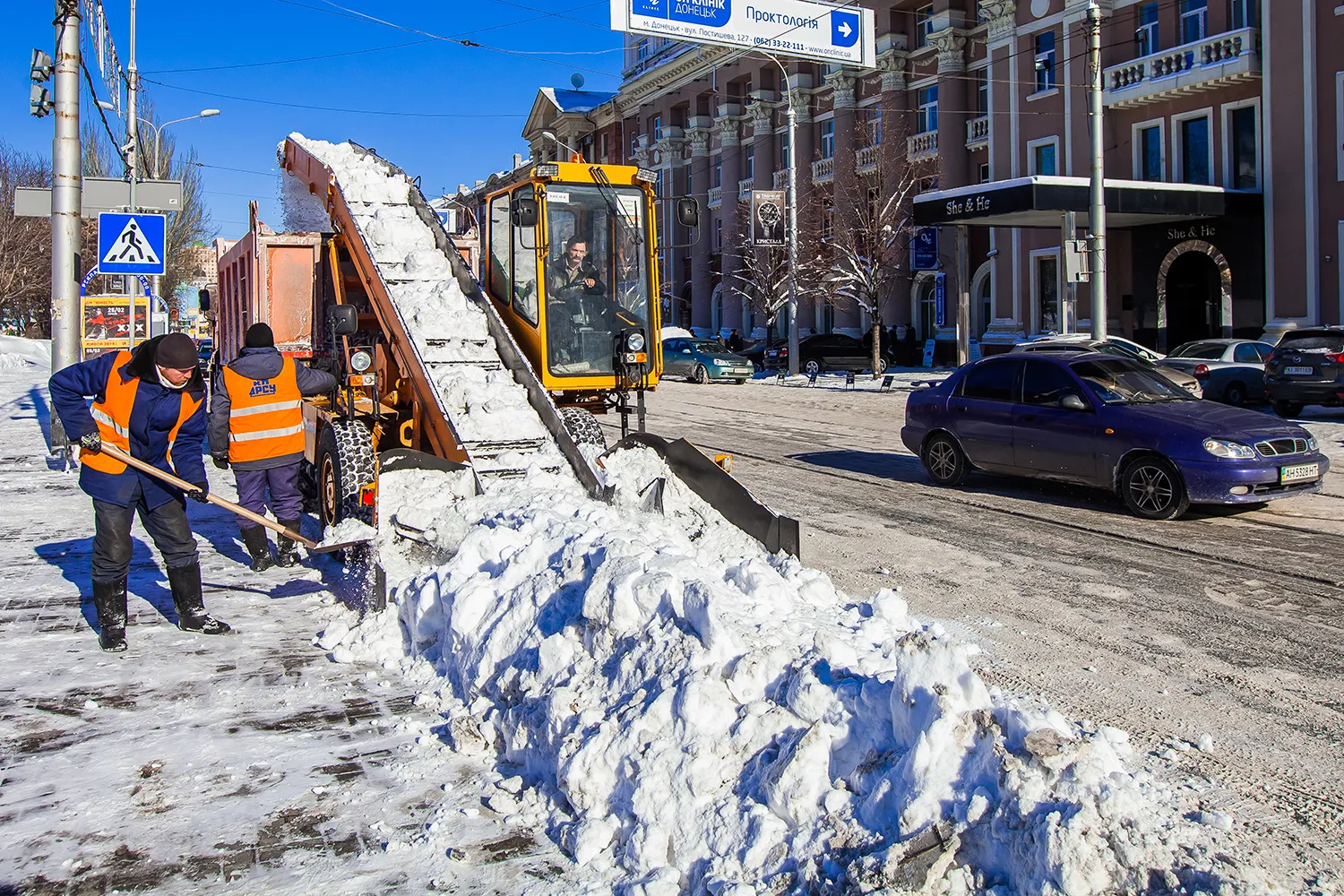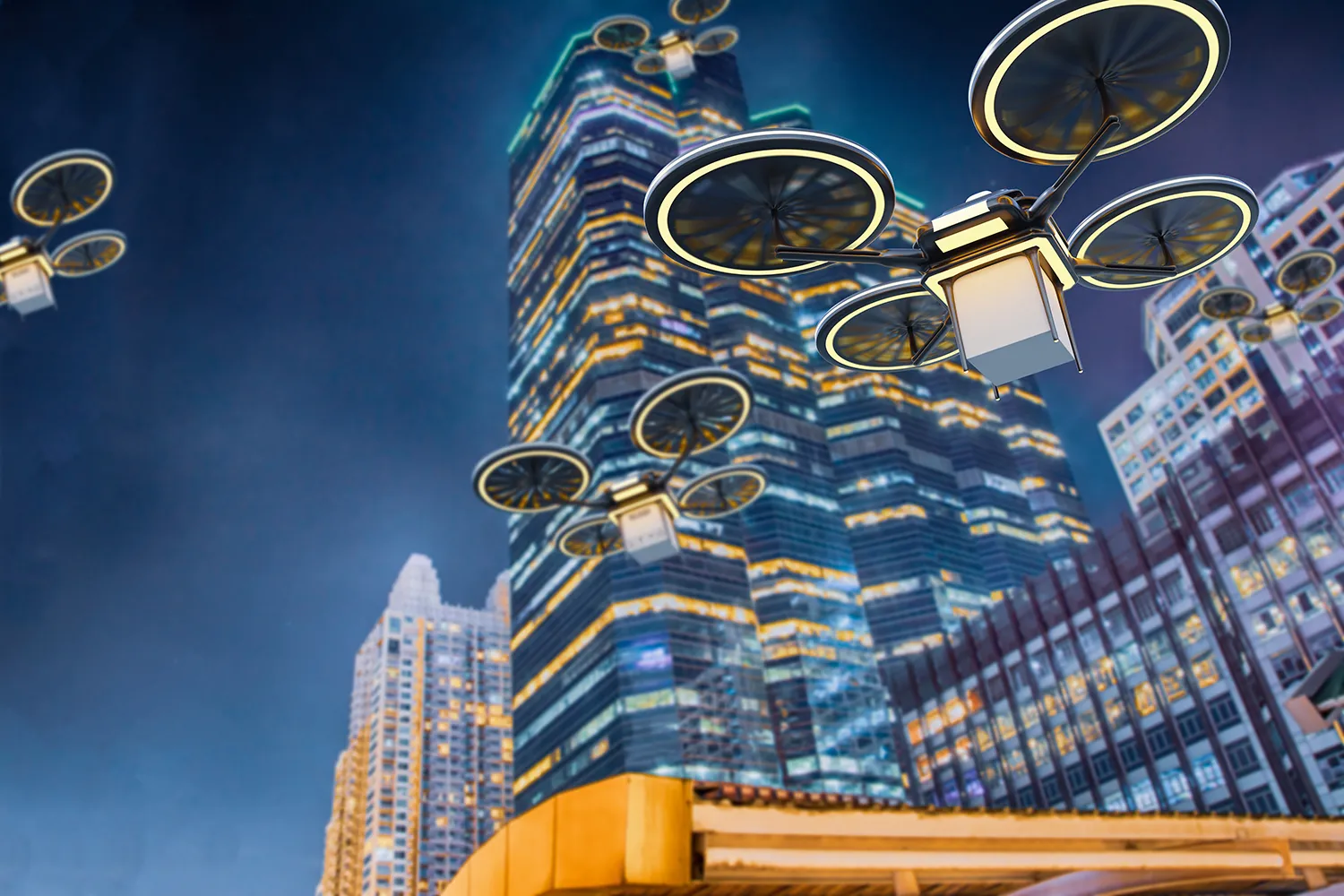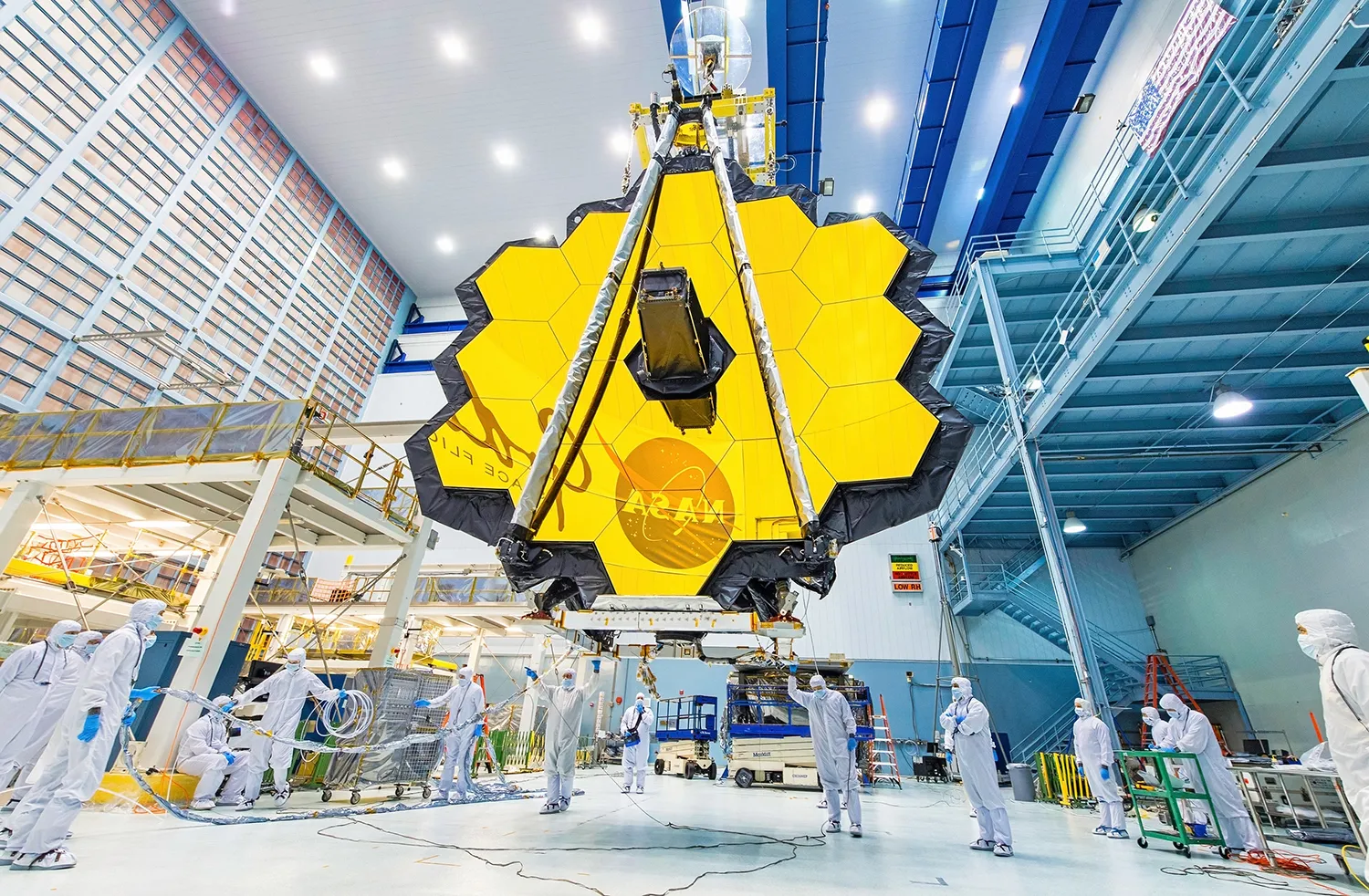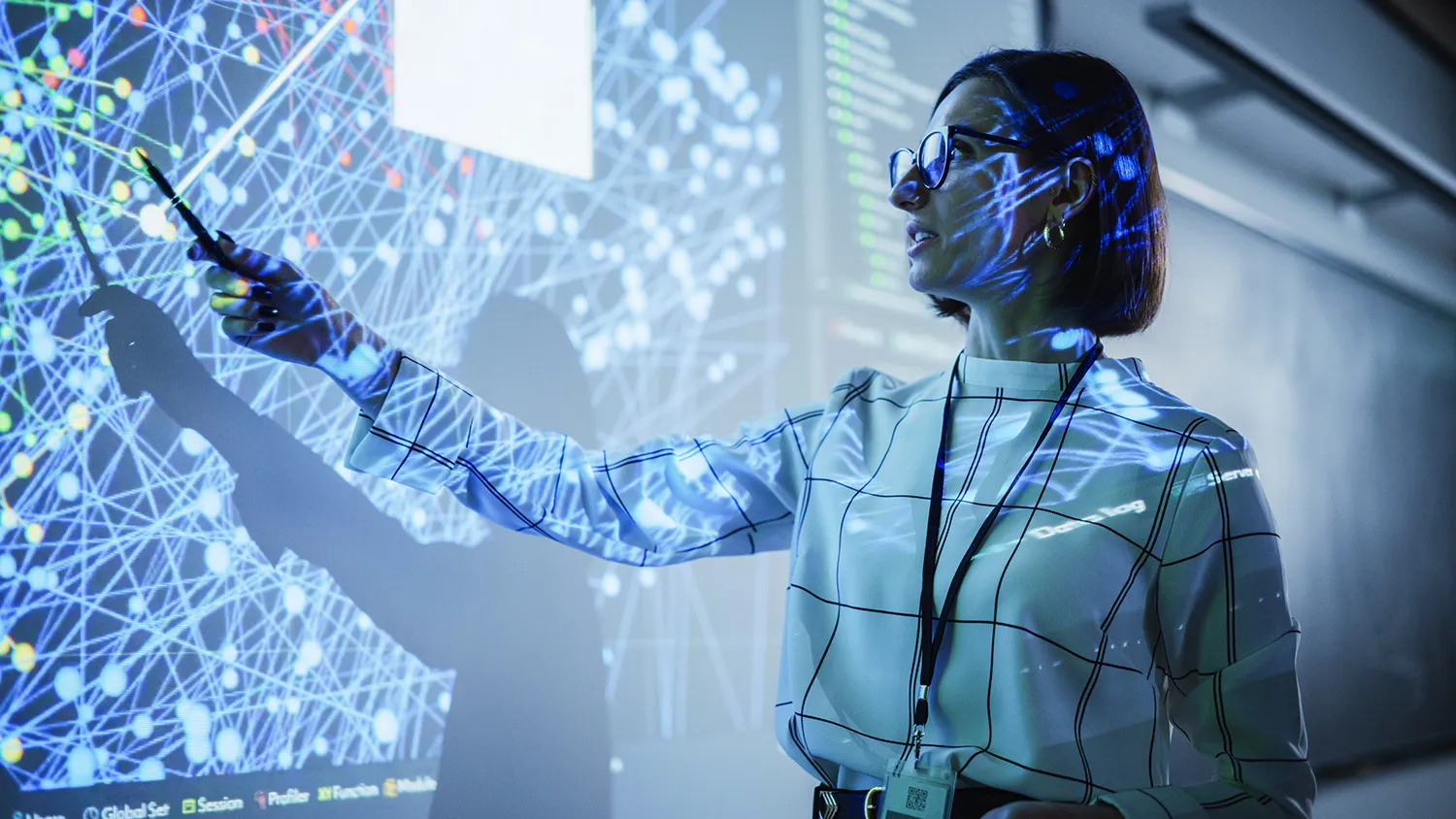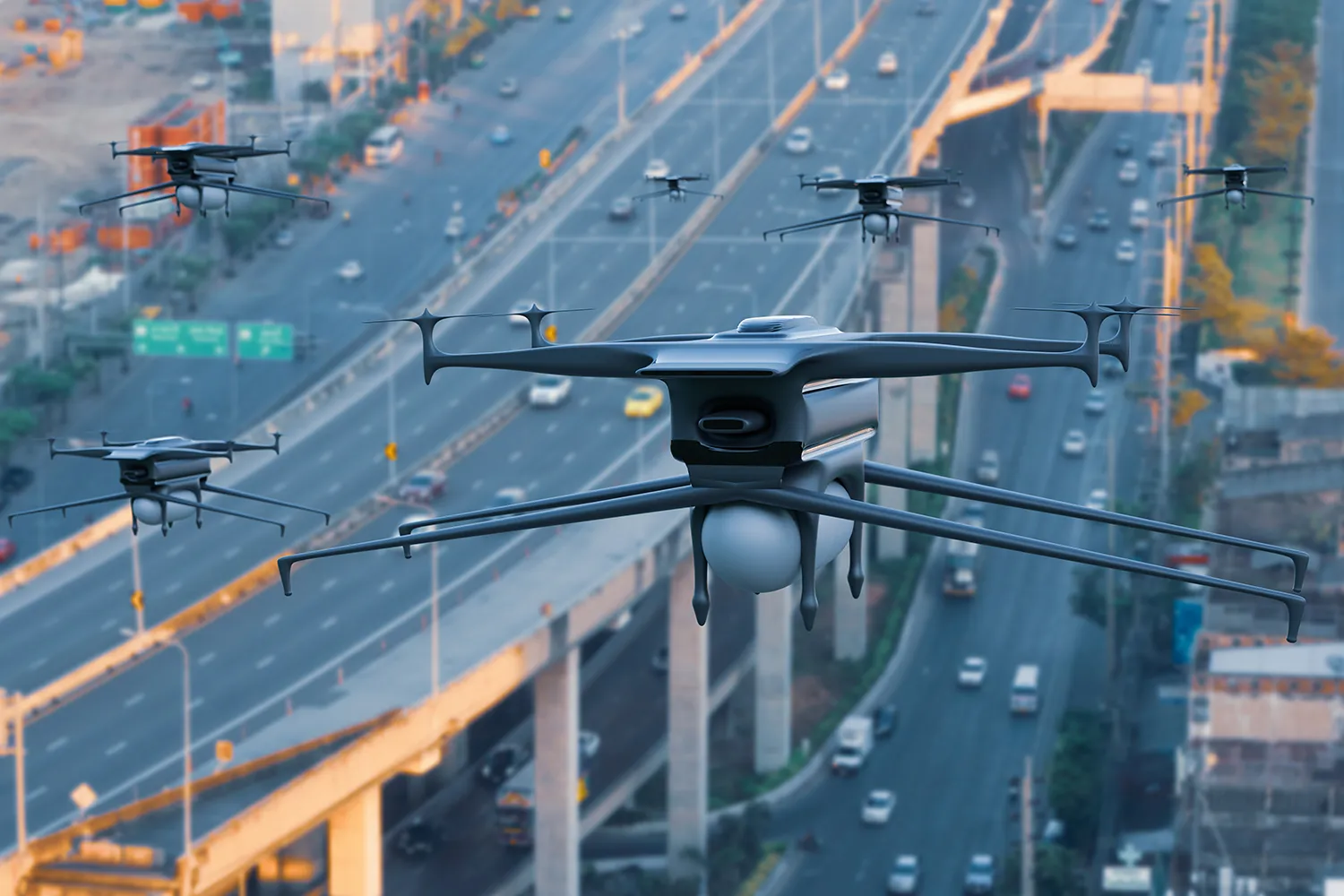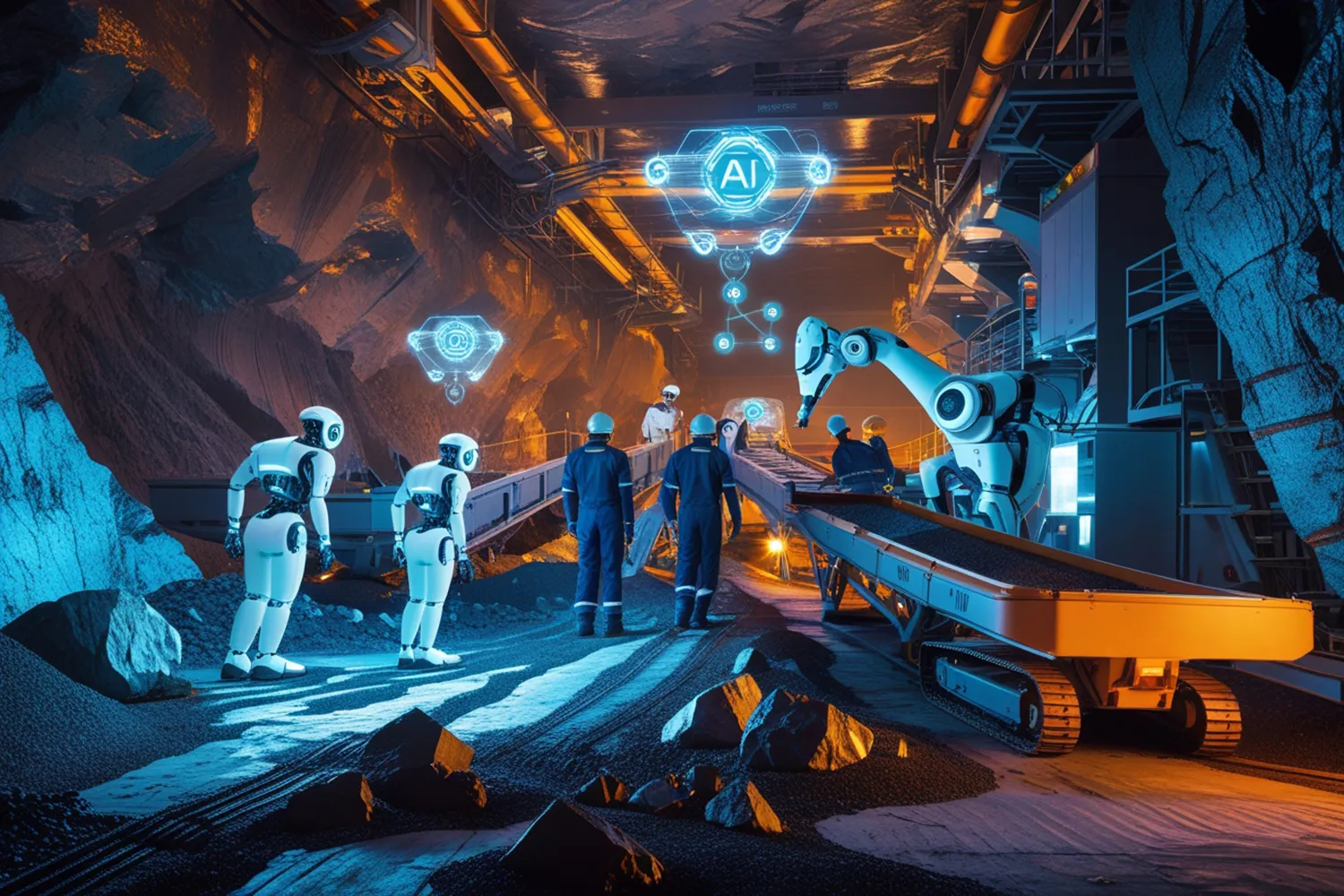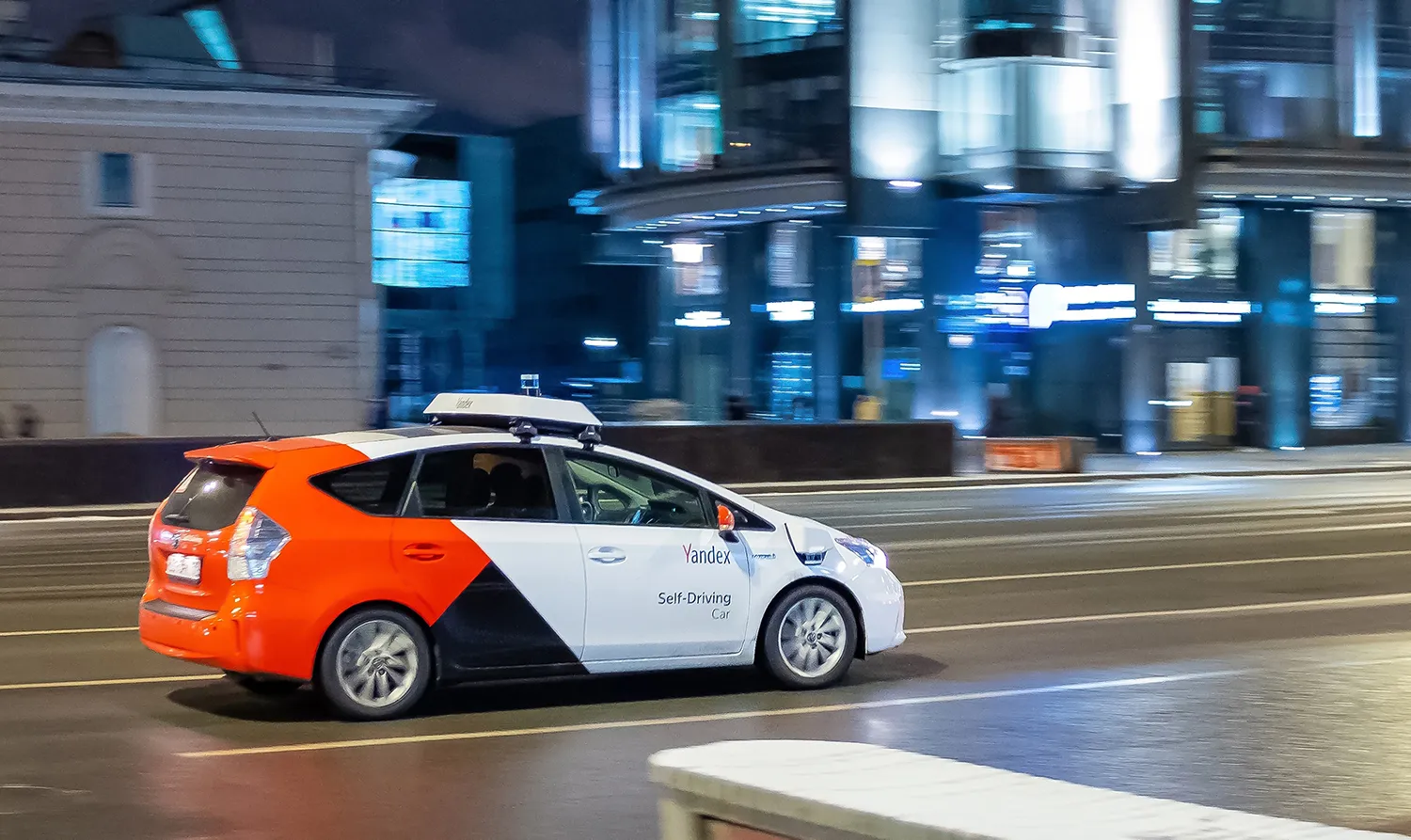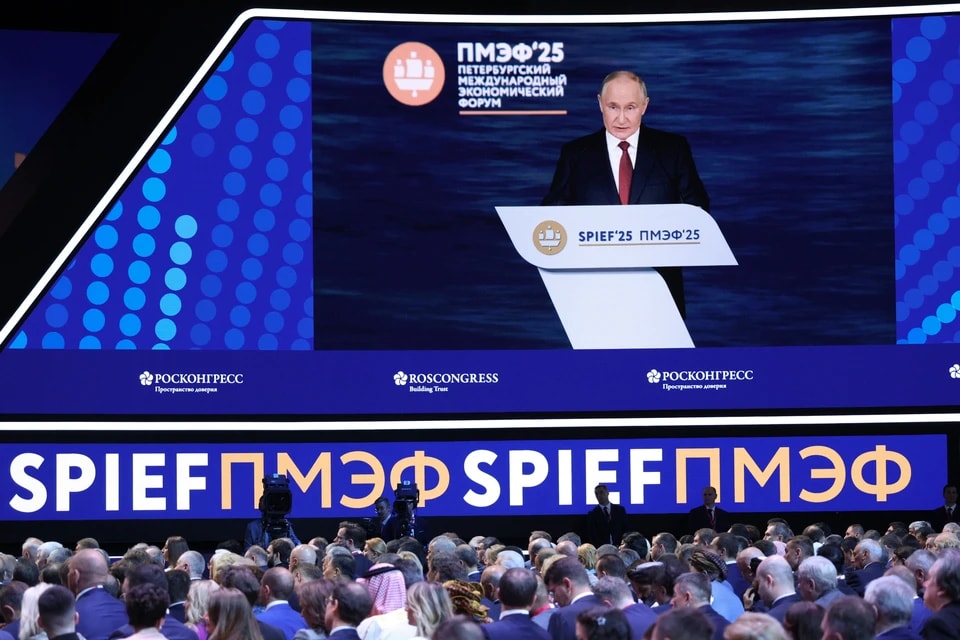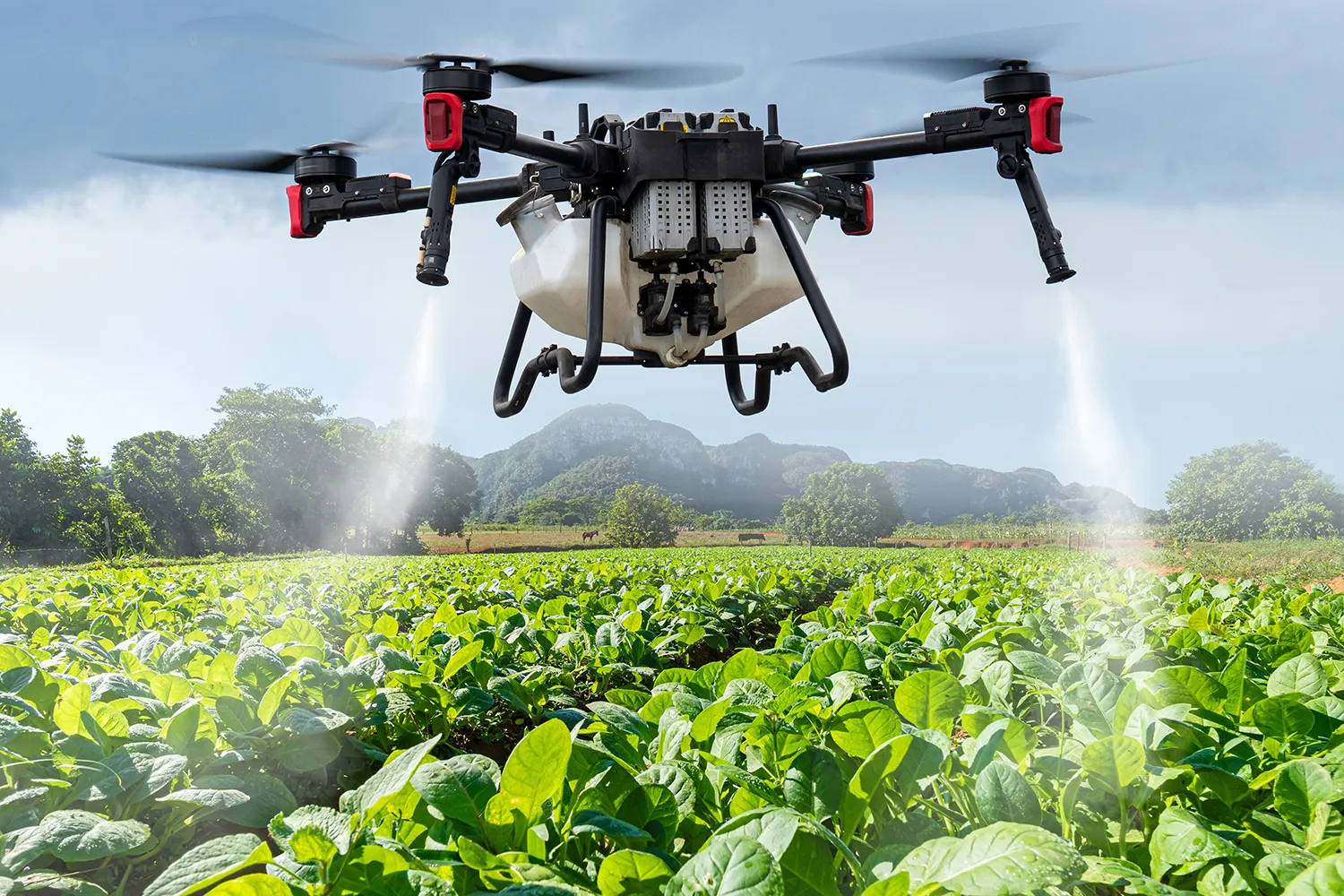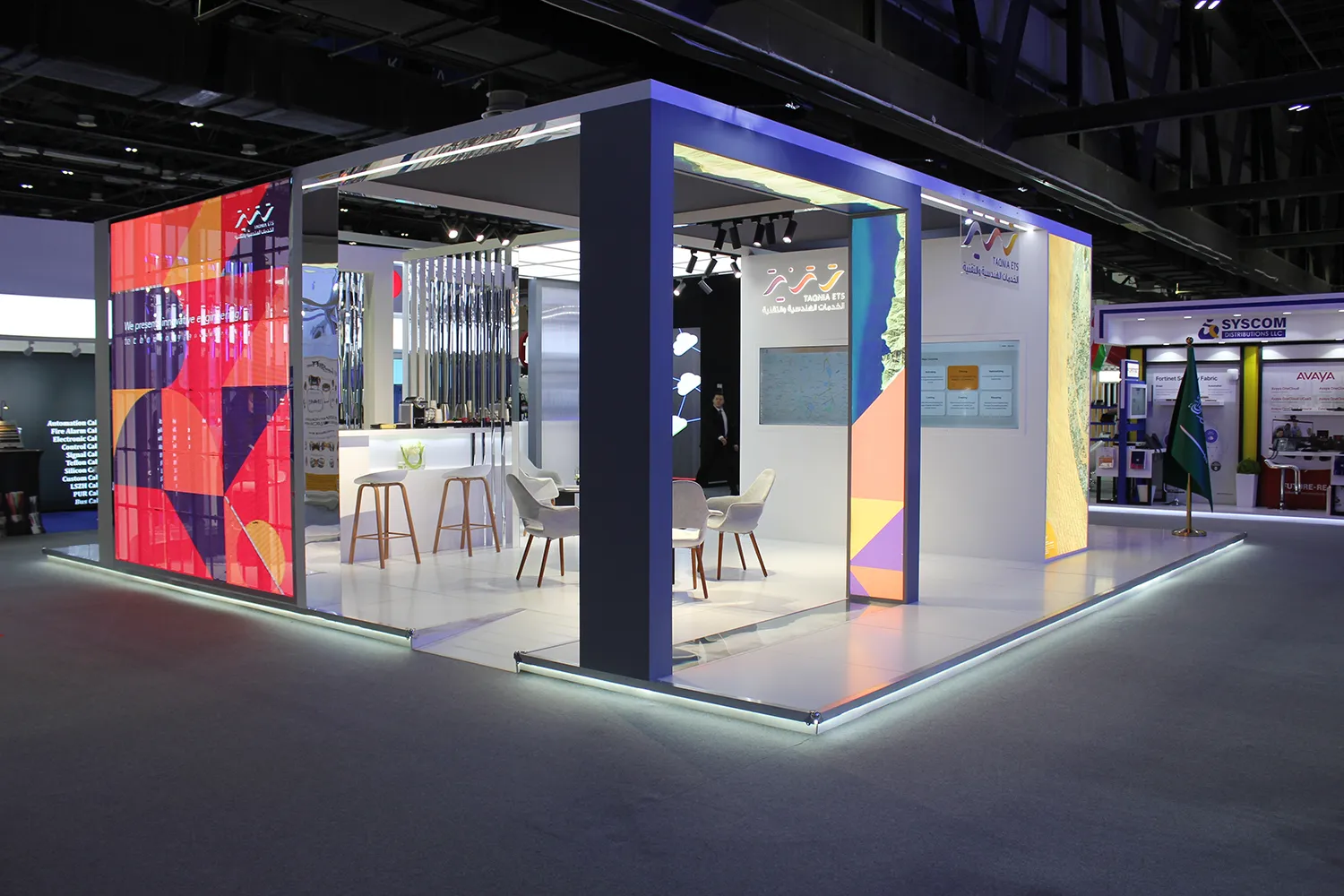Smart Districts: How AI Is Shaping Russia’s Urban Future
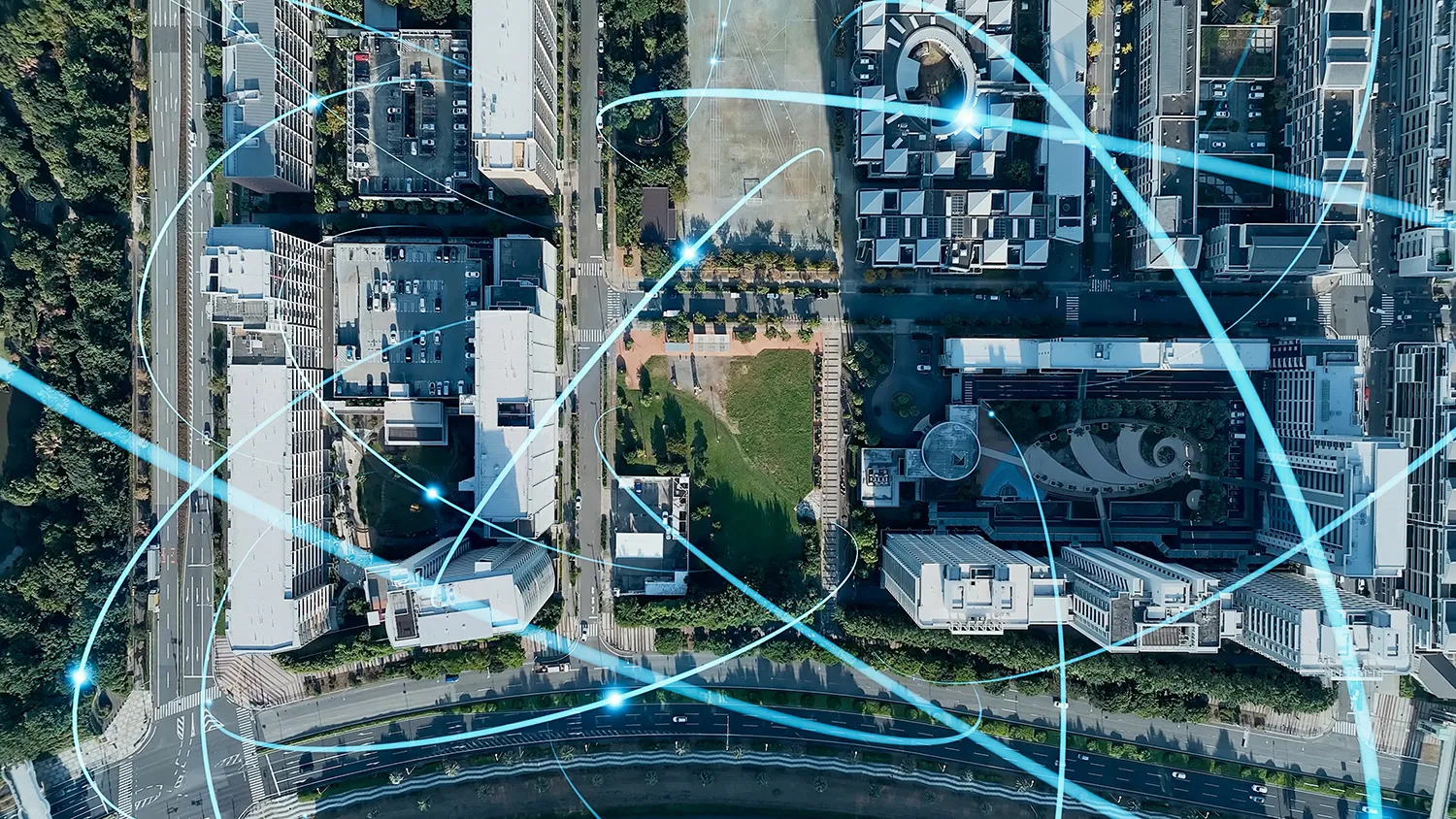
At the St. Petersburg International Economic Forum, a new project was unveiled that may redefine what it means to live in a comfortable urban environment in Russia.
AI at the Core of Urban Planning
Russian developer Rodina and Sberbank have launched the NeuroCity Lab platform, aiming to redesign neighborhoods with artificial intelligence. The platform analyzes anonymized big data—such as local residents’ hobbies, family demographics, and movement patterns—to suggest optimal infrastructure solutions: from the placement of parks and bike lanes to commercial services and transportation options. While the initiative is currently focused on pilot districts, the involvement of two major players suggests serious scaling ambitions.

Toward Personalized Living Environments
Unlike traditional planning, NeuroCity Lab enables urban design based on the real needs of residents. The initiative marks a key milestone in Russia’s national project, Infrastructure for Life, with AI technologies creating urban zones customized for the people who live in them. Developers envision exporting this model—especially to BRICS and CIS countries—as well as integrating it with government initiatives in housing, transportation, and environmental management. Partnerships with academia, particularly the Higher School of Economics (HSE), will provide the project with research depth and digital expertise from Sber’s AI divisions.
Growing Support for Smart Cities
A VCIOM survey found that 44% of Russians already live in or want to move to a smart city. In recent years, Russia has made significant advances in artificial intelligence, with institutions such as MEPhI and HSE developing dedicated AI hubs. Meanwhile, Sberbank has introduced AI-powered solutions across medicine and consumer services. In the Moscow region, for example, the 'Digital Foreman' system supervises construction in real time. Since 2022, the number of AI solutions there has risen from 9 to 41, generating economic gains exceeding 2.5 billion rubles. Russia is also collaborating with China in urban AI deployment, emphasizing digital sovereignty.

From Pilot to National Standard
As more municipalities turn to AI for managing urban life, experts anticipate a boom in intelligent urban environments by 2030. Smart districts are expected to emerge across Russia’s largest cities before expanding into smaller towns. Success, however, depends on strong data protection measures and active engagement from local authorities and citizens. NeuroCity Lab is not just a technical experiment—it is a vision for cities built around real people, their habits, and their needs.



